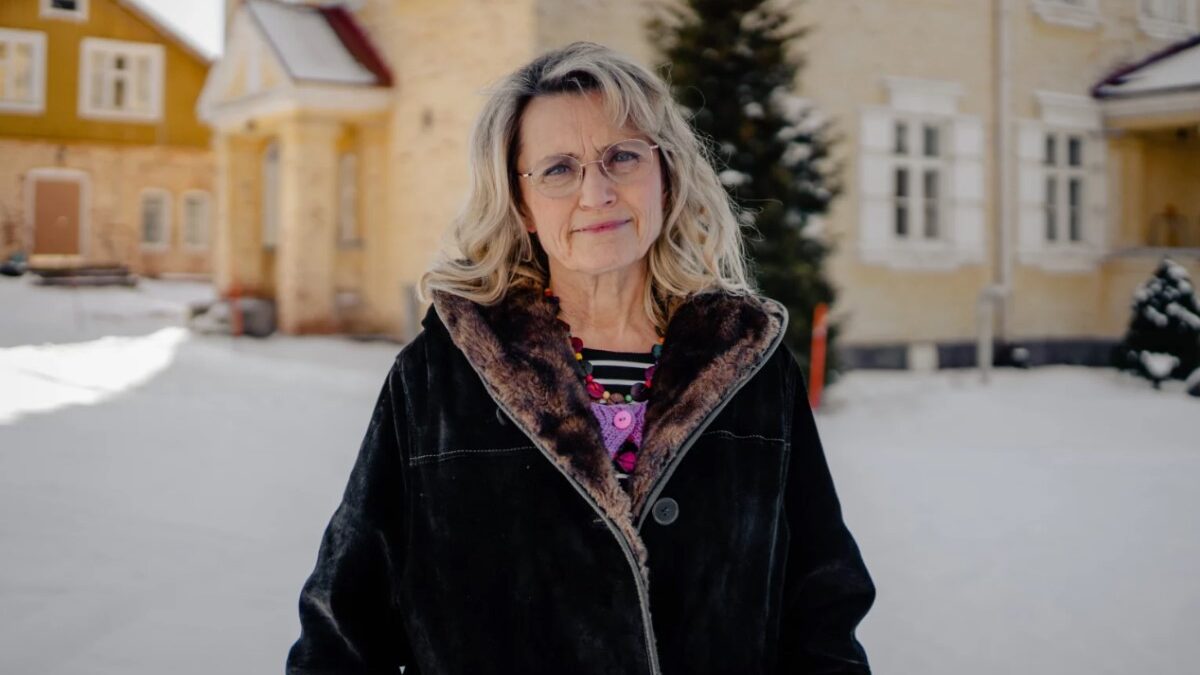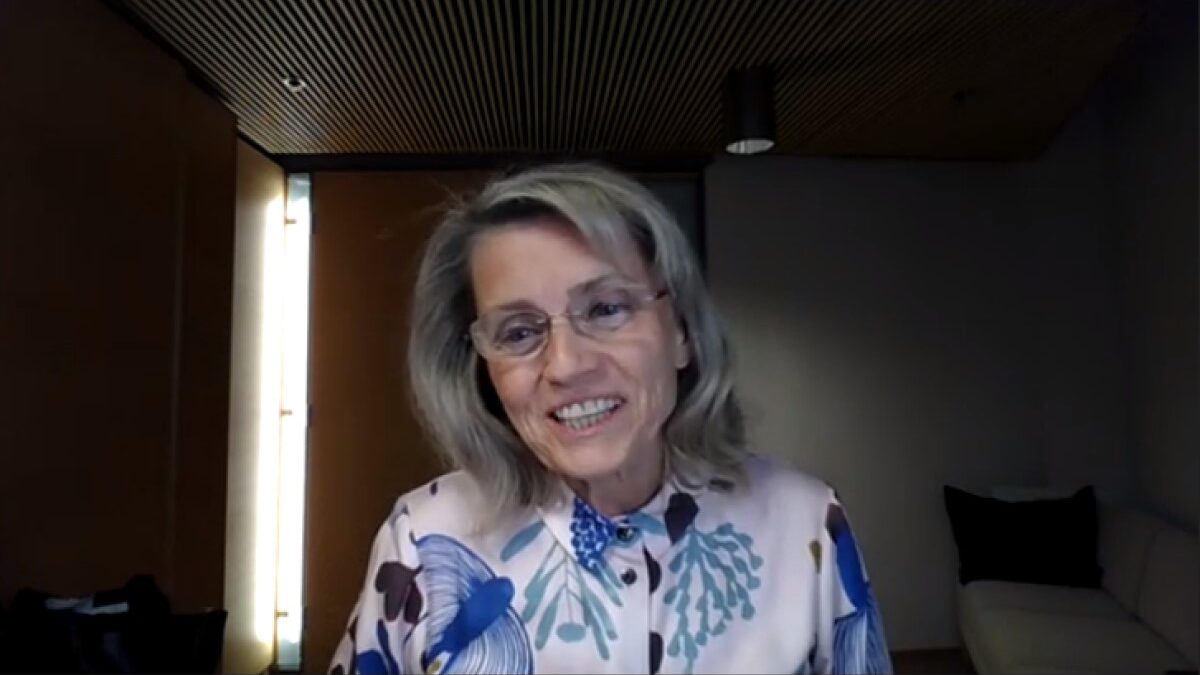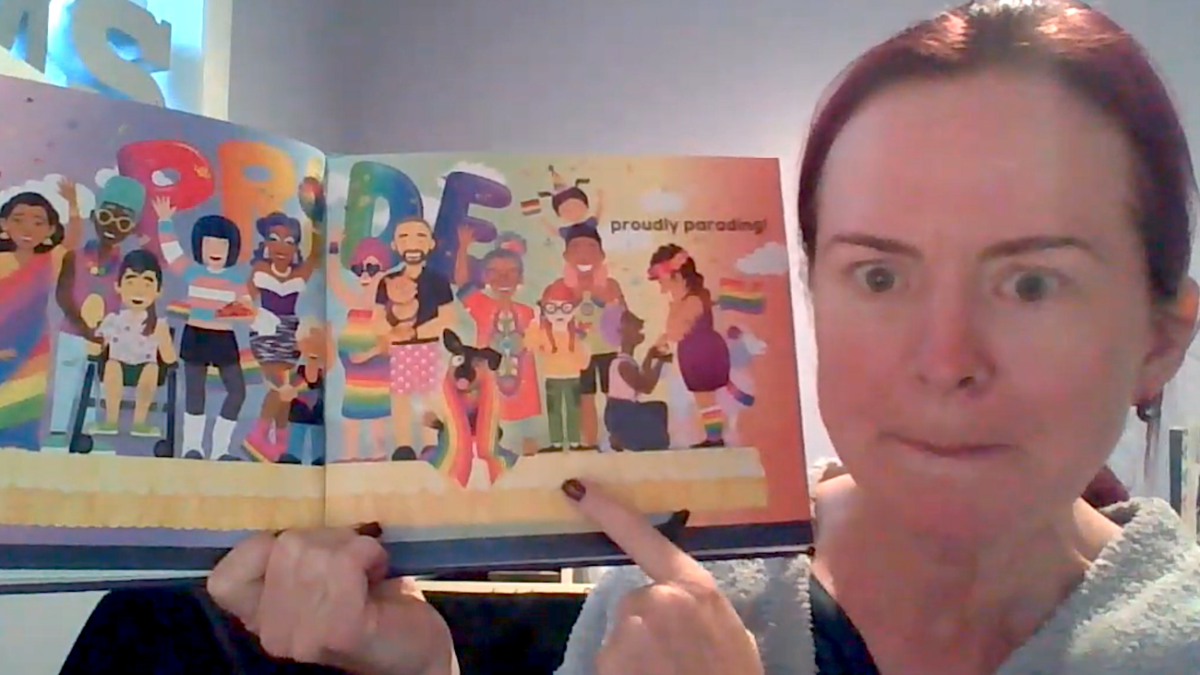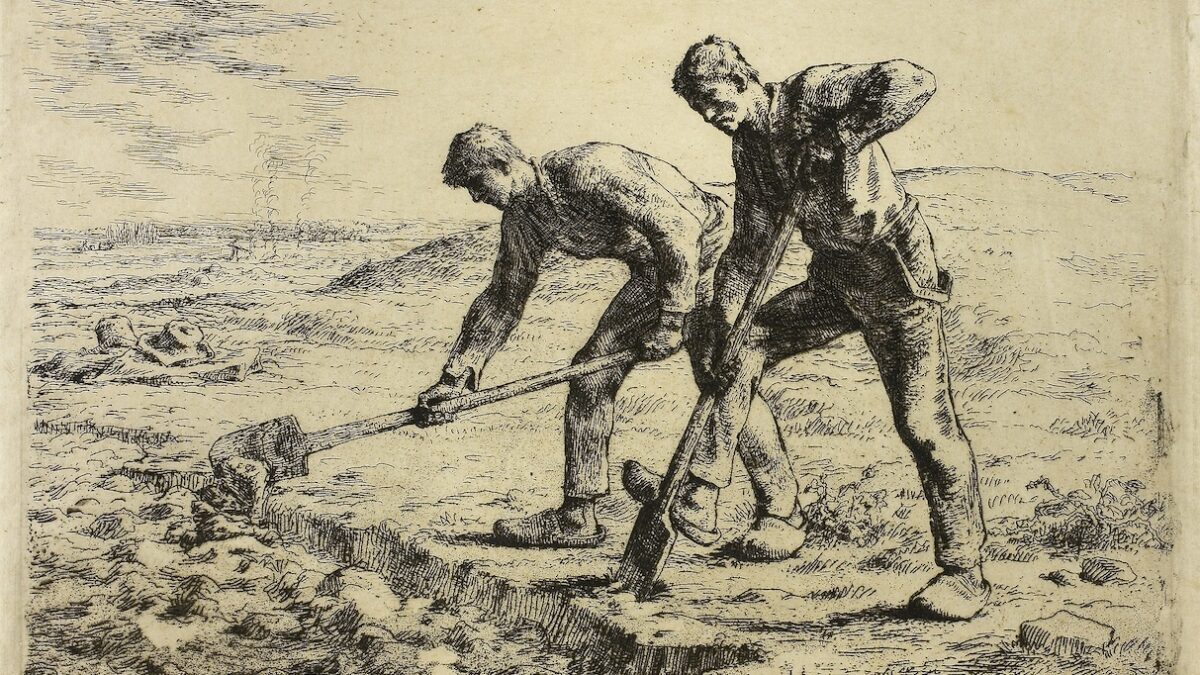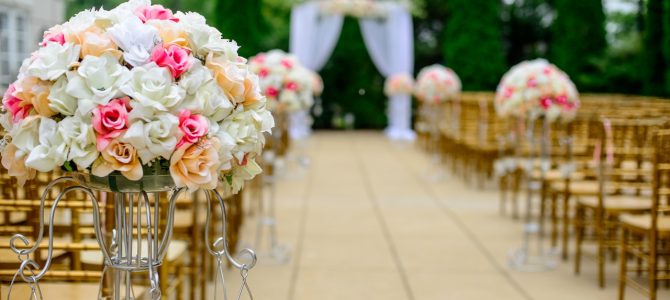
Today, as I write, Barronelle Stutzman is standing before the Washington State Supreme Court. Her crime? Loving a man. Don’t get me wrong—this is not an erotic or romantic story. The man she loves is not a suitor or a lover, but a customer.
Barronelle owns a flower shop in Richland, Washington. She worked in, and later managed, her mother’s business. In 1996 she bought it and made it her own. She doesn’t just sell flowers or pre-packaged arrangements. Any cashier could do that. She creates art. Her arrangements don’t come out of a book; they come out of her soul.
Some people go to a flower shop because they lack imagination; others, because they are filled with it. Robert Ingersoll was one of these. He saw the harmony and unity, the balance and proportion of her art. He could be surprised by a focal point or a line, and be delighted by a texture or hue. He understood Stutzman and her art.
He would come at anniversaries, on Mother’s Days, birthdays, and for parties. He would thoughtfully select a vase, then hand it to her saying, “Do your thing.” She then poured out her heart for him into those vases. “He was particularly fond of unusual and creative arrangements,” she said. “His requests for arrangements always challenged me to do my best work.”
A Beautiful Friendship
For nearly ten years he was a regular customer, spending thousands of dollars on dozens of arrangements. Rob appreciated her self-expression and the passion that went into her creations. Barronelle was inspired by his discriminating taste and rose to the challenge.
Their mutual love of flowers brought them together, but their love for each other grew out of their love of growing things. They talked about ordinary life, family, and friends. And they talked about flowers.
It was a beautiful friendship: An artist and a patron. They were unsullied by the angry agendas of our world. They were, of course, aware of their vast differences in worldview. She knew he identified as a homosexual and of his partner, Curt. He discerned her Christian faith in the art and arrangements of her shop. But they were able to connect over flowers.
Then the day came, as it comes in all friendships. It’s the day when worldviews collide. Maybe your fiancee asks you to go to a different church. Maybe your best friend wants you to help hide an affair. Maybe a close colleague asks you to attend an anti-Trump vigil, or participate in the annual Life Chain.
In the friendship of Barronelle and Rob, it was about a wedding. She learned ahead of time that he was going to ask her, and she agonized about it as any friend naturally would. As a business owner, another account was a no-brainer. As a friend, she was loathe to deny a heartfelt wish. As a Christian she sincerely believed that endorsing his same-sex marriage would actually hurt her friend.
The One Thing I Cannot Do for You
Through tears and hand-holding, gentle words and sorrowful regrets, she explained that she could not grant this request. “Could not” is the language of a heart captive to something higher than yourself. It is the farthest thing from “will not.” Their conversation ended with a hug and hope. Tests of friendship can either end them or lift them to a higher level. Time would tell.
Unlike other challenges to friendship, however, the power of government intruded into this one. You can’t be hauled to court for declining to condone an affair. But you can for this. Washington enacted a Law Against Discrimination (WLAD). Barronelle was told that she had violated it.
Whether she has or hasn’t the Washington State Supreme Court will decide. And whether the Washington law passes constitutional muster, the U.S. Supreme Court could decide. But I am interested in their friendship.
The whole point of law is to help people live in harmony, not monotone. The whole point of discimination law is to ensure all people are treated with dignity. What about Rob and Barronelle? Has WLAD helped them? Is Rob being treated with more dignity as a result of it? Is Barronelle? The answers to these questions are obvious. Rob has not entered her shop since that day. The harmony is gone. Has his dignity been increased? Barronelle not only lost a friend, but finds her dignity and livelihood attacked in open court.
What saddens me the most is that their friendship is broken. It would be sad enough if Rob took such great offense to her words that he broke off the friendship without trying to talk it through. Heaven knows that happens all too often with each of us. But what saddens me even more is the thought that he was encouraged to break off the friendship by WLAD itself.
Did the ACLU convince him that it was worth losing a friend in order to help others? Did the attorney general convince him that he needed to sue Barronelle to advance the dignity of others? Who knows. Whatever went on behind the scenes, Rob no longer talks to Barronelle, and the only thing that changed was applying WLAD.
Hide Your True Feelings and Stop Having Friends
When the law was debated and passed, the state of Washington didn’t even contemplate that a denial of same-sex marriage would violate WLAD. After all, same sex-marriage remained illegal in Washington for three years after WLAD was on the books. Nor was it that Ingersoll finally learned the truth about his florist’s beliefs, or that Barronelle suddenly became a bigot after ten years of friendship.
Consider also the millions of Americans watching this case unfold. Had Barronelle not treated her customer with care and love in the first place, he would never have asked her for this gift, and she would be off the hook. What do we expect other shop-owners and artists to learn from this?
Hide your affection. Treat everyone the same. Leave your personal expression at home. Sell your goods without thought for your customers. Above all, hide your religion. This is not a recipe for love, dignity and unity. It is a recipe for impersonal relationships, distrust, and loneliness. Not only has Washington’s Law Against Discrimination been at the center of destroying one friendship, it will also make friendships and love more difficult across the board.
In Shakespeare’s famous play, the feuding Montagues and Capulets destroyed both the love and the lives of Romeo and Juliet. Now that play has come to life. When the government weighs in on love and friendships, lovers and friends are crushed under it. We see it in the case of Barronelle and Rob, and we can predict the prevention of countless other friendships in its wake.
Unless the Washington Supreme Court overturns the lower court, a 72-year-old woman will not only lose her business of nearly 40 years, she will also lose her house and retirement savings. That’s because, in an unprecedented move, the ACLU and state attorney general have sued not only her business, but her person for attorney fees estimated at more than a million dollars.
One could hardly blame Barronelle if she were angry and embittered. But she’s not. Blogger Monica Bonewitz-Boyer privately talked to Barronelle, and here’s how she describes the conversation: “I then asked her how I could pray. Do you know what she said? She said, ‘Pray for Rob. He needs Jesus.’ She didn’t ask for me to pray for a win in court. She didn’t ask me to pray that she wouldn’t lose her home and business… She said pray for Rob.”
The love story continues, no thanks to WLAD. The love continues because one person guided by her worldview refuses to hate. More than that, she refuses to retreat into an impersonal and uncaring tolerance. Some label this as hate and bigotry. I appreciate it as the art of love.



